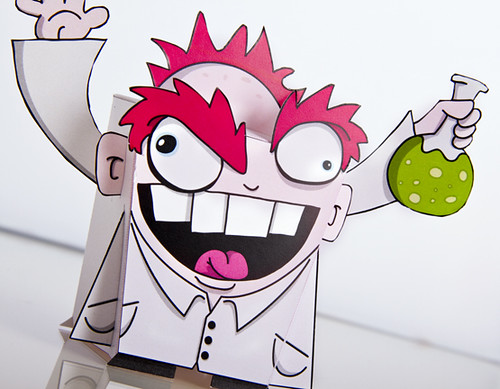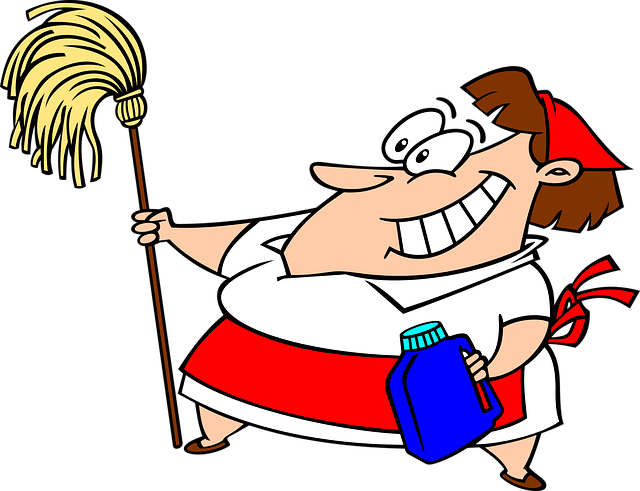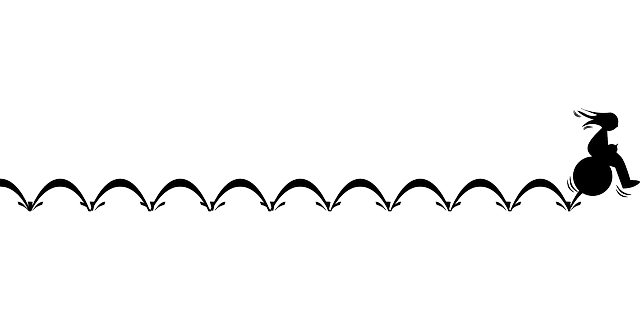
Indeedy. The Chocolate Zombies arose (pardon) from a comment I received on my previous post about the problems posed by early mornings.
“So why have a morning time? This seems to be making it more difficult than it needs to be, almost perverse. Let’s say going to bed at 9:30 is a conscientious early night. So ‘stay up late’ then by making yourself a drink, digging out a small but scrummy little treat e.g. Lindt chocolate, and sitting down to write 9:30 to 10:30 seems more likely to be productive.
So you are that much more of a zombie in the morning, at least the writing happened!
If other activities would be curtailed by this then have other activities in the morning when higher functions are not feasible. Zombies can make a drink, toast the bread and satisfy other appetites. Higher functions happen when brain more likely to be engaged to body.
The chocy is to give you that little zap of energy and to get you over the hump of actually sitting down and doing it. Or is that against the rules?”
I foresaw problems with the method (see my reply for details) but in the interests of mad experimentation scientific thoroughness, I decided to attempt a Chocolate Zombie Experiment.

I chose an evening when I knew I had little to do the following morning (i.e. no lunch to make) in case extra sleep was required (extra to the early getting up I wouldn’t have to do because I’d stayed up late instead – following?)
Part One of the Experiment: Chocolate, began at 9:30 pm, as per spec.
I bade the Caped Gooseberry a fond good-night, consumed a morsel of tasty chocolate which a kind Providence had fated to my fridge, and started to write. (Full disclosure: I skipped the drink because I had just finished one, and the essence of a good late night is that the following sleep be undisturbed, i.e. Don’t Drink Too Much Before Going To Bed. Too much disclosure? I think so. Moving on.)
I decided to have a stab – perhaps more of a prolonged hack – at Tsifira, my current project-I-should-be-working-on. I wrote by hand – slower, but I find the ideas flow better that way – with a Faber Castell fountain pen and an exercise book stuffed with loose bits of paper on which I had written things I wanted to remember. (A sensible person might perhaps have consolidated all this into a practical array of notes at the back of the book, but what gives you the idea that I’m a sensible person?)
Overall, it went quite well.
I managed to write 5 1/2 A4 pages of double-spaced scrawl in one hour, which led to an unsurprising hand cramp and a surprising lack of eponymous inkiness of hand. Writing neatly is more compact but slower: ideas jostling like penguins on the ice-floe of the conscious mind tend to slip off and be eaten by the Sea Lions of Forgetfulness and the Polar Bears of Went-Down-A-Different-Leg-Of-The-Trousers-of-Time.

So far so good.
I toddled off to bed at half past ten, (interrupting, I fear, the repose of the Caped Gooseberry) and attempted to sleep.
It took a while. Too many penguins on the loose.
“…about a tenth of the cabin trunks were full of vivid, and often painful or uncomfortable memories of her past life; the other nine-tenths were full of penguins, which surprised her. Insofar as she recognised at all that she was dreaming, she realised that she must be exploring her own subconscious mind. She had heard it said that humans are supposed only to use about a tenth of their brains, and that no one was very clear what the other nine-tenths were for, but she had certainly never heard it suggested that they were used for storing penguins.” Douglas Adams – The Long Dark Tea-Time of the Soul.
Once I had got all my penguins safely stowed (including a few zombie penguins risen from the maw of the Sea Lions of Forgetfulness), all was well.
Until that dratted alarm went off, thus beginning Part Two of the Experiment: Zombie.

Really, is it beyond the bounds of human ingenuity to come up with a sound that is able to wake a sound sleeper but doesn’t induce that kind of psyche-stripping galvanic jump that leaves you quivering under the blankets as your bedmate nurses their bruises?
The usual madness to my method, I should point out, is to have two alarms – the first wakes me up, and the second tells me it’s time to get up.
This provides a useful quarter-hour interlude in which to reassemble my conscious brain, figure out which way is up, what day it is and why I should bother eventually getting out of bed, today of all days – or more often, fall asleep again (hence the importance of the second alarm).
This particular morning I was well asleep when the second alarm burst in, and consequently went through the whole galvanic thing again.
I staggered into my clothes and went the usual round of morning duties (minus the lunch), feeling fuggy-brained and not daring to attempt the toaster. I felt behind-hand all the way through, but to my surprise, managed to leave for work on time.

Here is where I discovered the achilles heel of zombies. They are not built for speed. They lurch. My time allowance for getting to work is based on being able to sustain a reasonable clip (approx. 6km/h), and my body just wasn’t feeling it. I pushed it harder, and it responded with faint nausea and a cloying sense of deoxygenation. I slowed.
I made it to work a few minutes late, but fortunately not so late as to draw raised eyebrows from the Powers That Be. (To be that late, you need to take the bus.)
I felt dim and brainless for the better part of the morning (thus making it the worser part) and made a few stupid, though fortunately inconsequential, mistakes.
To be fair, some of the dimness may have been due to the fact that I didn’t have time in this shorter morning to make a cup of tea (all right, pedants, I had time to make, but not consume, which is after all the point). However, I had one as soon as I got to work and the brainlessness failed to recede, so perhaps not. (Braaaiiins…)
In summation: the Chocolate part of the Experiment was productive and enjoyable (apart from the hand cramp and the minor sleep issues) but the Zombie part was neither and I think this tends to outweigh the Chocolate part, at least when seen in the light of an ongoing routine.
Now and then, particularly if I don’t have work the following day, I may resurrect it again. (Ah-ha-ha-ha-ha! Pardon.)


 According to Marie Kondo, “The question of what you want to own is actually the question of how you want to live your life.”
According to Marie Kondo, “The question of what you want to own is actually the question of how you want to live your life.”



